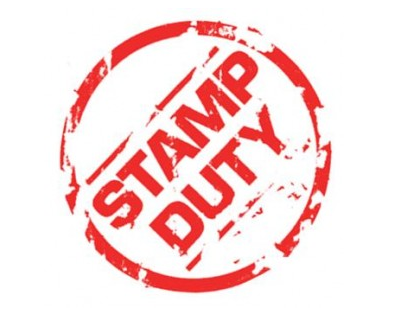
Prime London discounts are widening and tempting buyers but there are longer term economic risks that could hit the property market, Knight Frank has warned.
A prime central London (PCL) update from the agent suggested there are plenty of indirect repercussions for the recent and future energy bill support announced by new Prime Minister Liz Truss.
For now, the research said, support for people’s household finances will help the property market.
It said: “Truss ruled out a windfall tax on energy companies at her first Prime Minister’s Questions. Encouraging inwards investment is clearly a key plank of the government’s economic policy and proposed corporation tax rises will also be scrapped.
“That sends an apparently benign message to the rest of the world about the merits of investing in London, including its property market.
“A support package designed to help households and businesses survive spiralling energy costs will also have repercussions.
“It will help mainstream property markets more directly by keeping energy bills in check, but it will also reverberate up house-buying chains by holding existing deals together and boosting affordability.”
But increasing interest rates and inflation, which could rise further in the long-run as a result of the interventions, may hit housing, Knight Frank warns.
The analysis said: “The risk the country faces, however, is monetary and fiscal policy pulling in different directions – assuming Andrew Bailey remains in place.
“The Conservative government is already effectively in pre-election mode and if tax giveaways stoke inflation, the Bank of England may be forced to raise rates faster, which would hurt demand by making mortgages more expensive.
“On the other hand, if financial markets are unconvinced by the Truss approach and worried by the UK’s growing debt pile, there would be downwards pressure on the pound, which would have a shock absorber effect for the prime market in London.
“As the pound reaches new lows against the dollar and pegged currencies, discounts are widening and tempting buyers – a theme we will explore more on Monday.
“The final piece of the puzzle is rising rates. As they continue to increase, this will act as a drag on demand although to a smaller extent in prime London postcodes due to higher levels of housing equity and affluence.”
Knight Frank’s analysis showed that average prices in prime central London rose 2.8% in the year to August, unchanged on the figure in July.
In prime outer London, a 5.2% rise also matched the previous month.
















.png)


.png)



Join the conversation
Be the first to comment (please use the comment box below)
Please login to comment